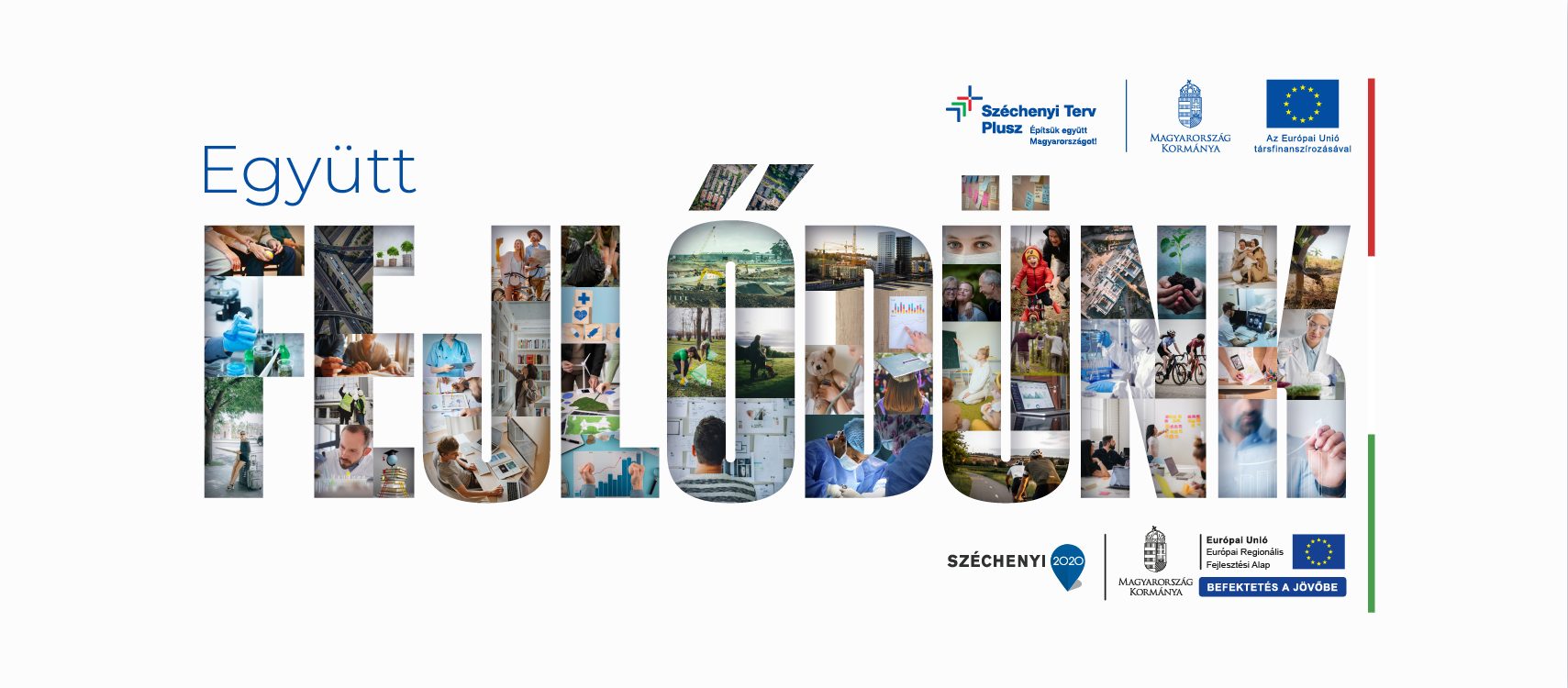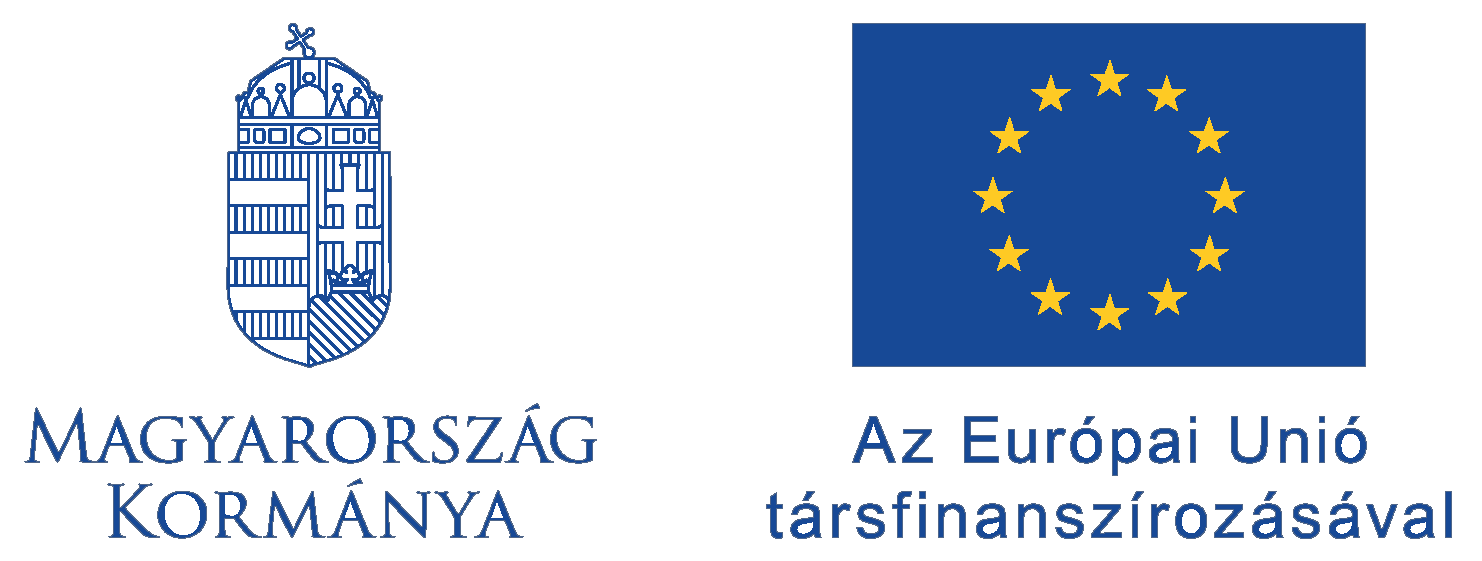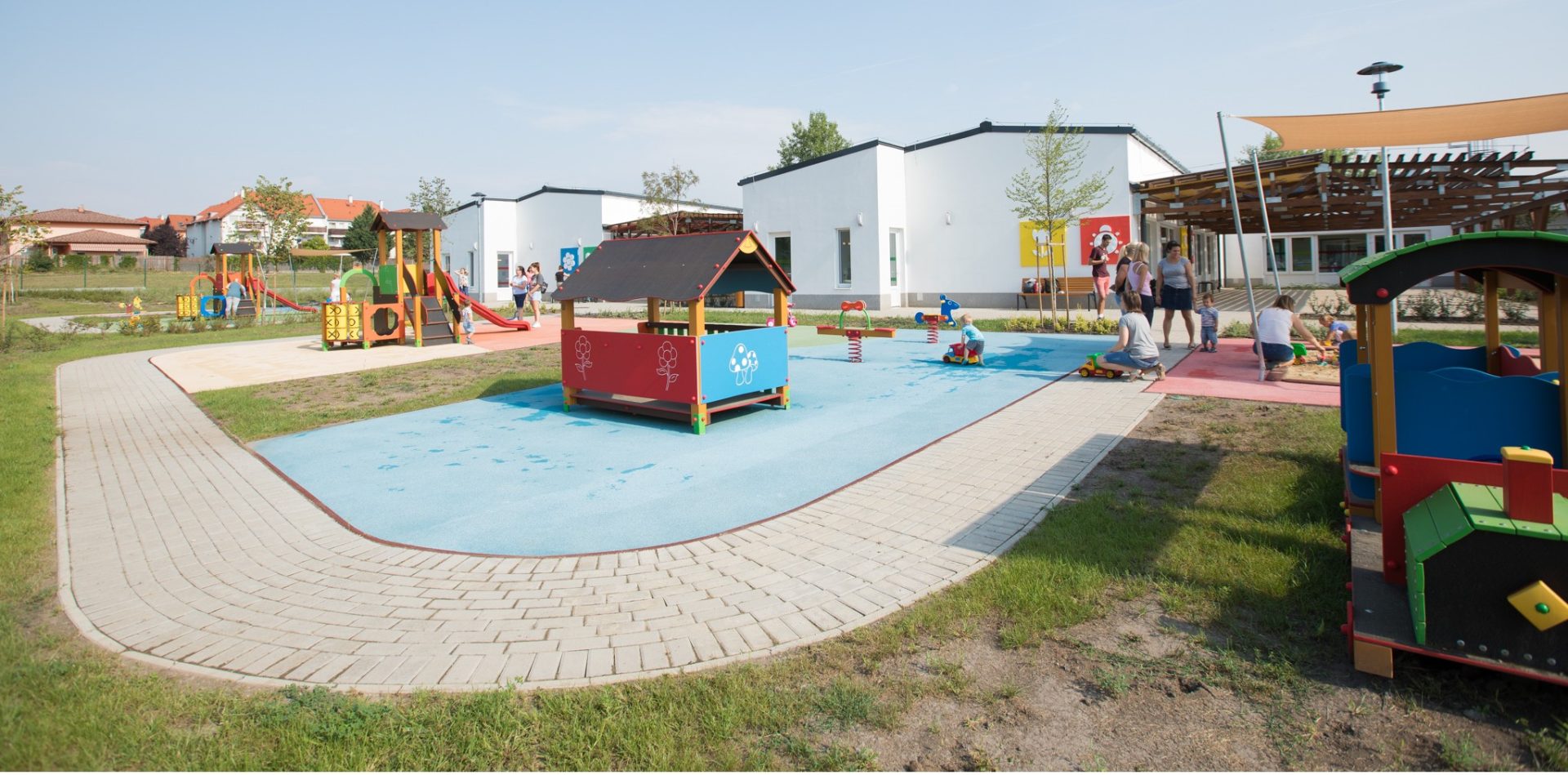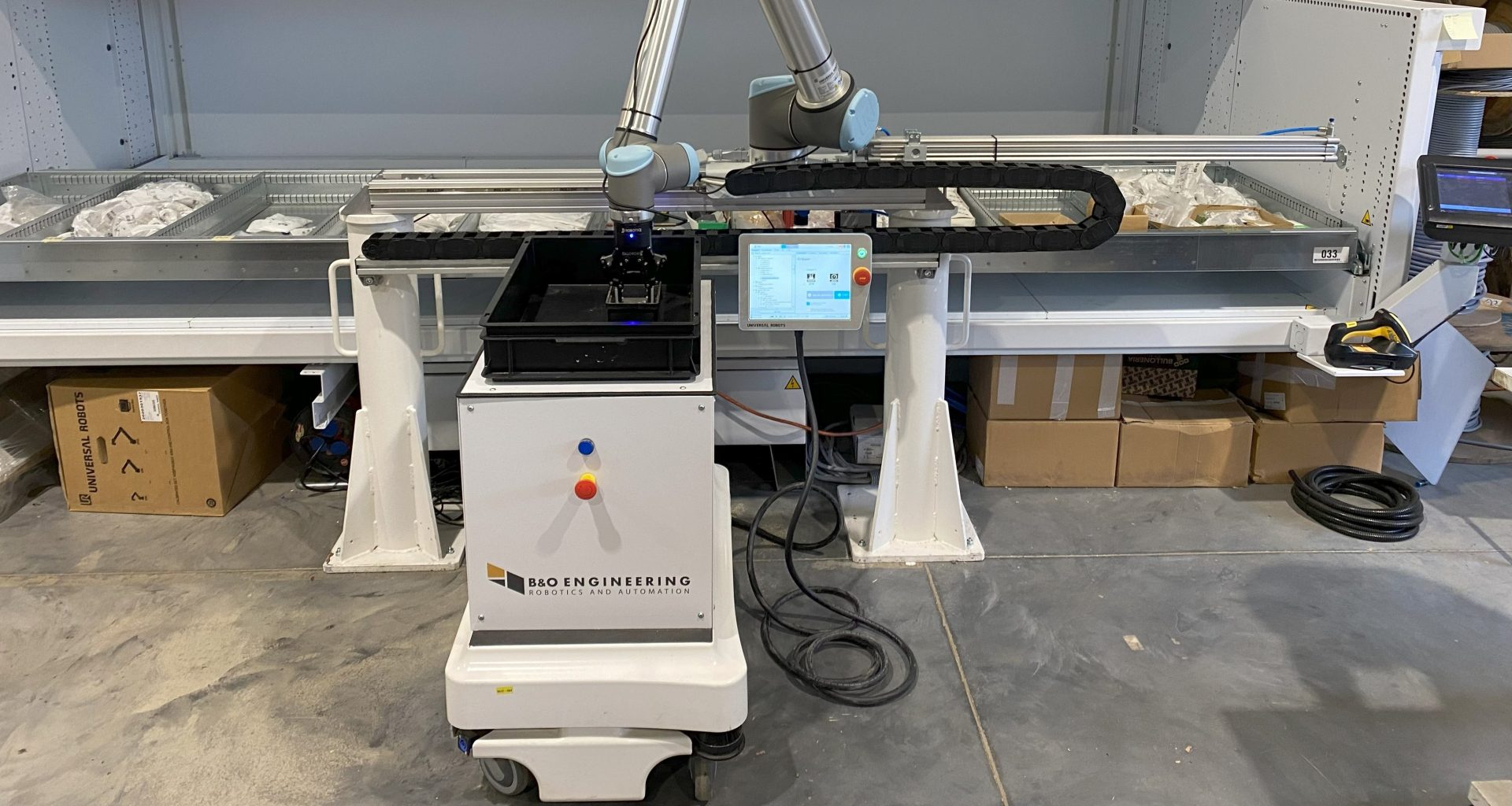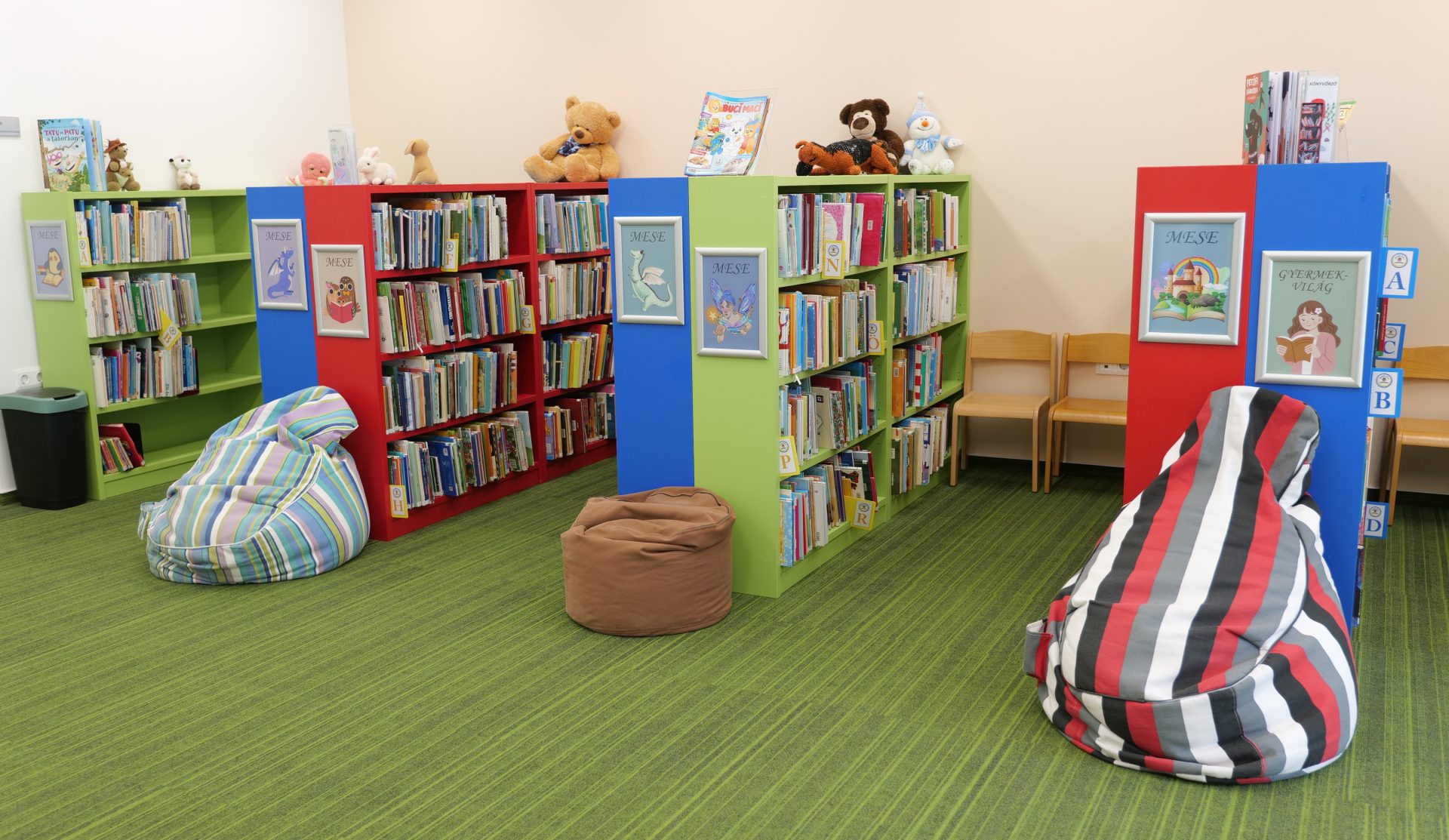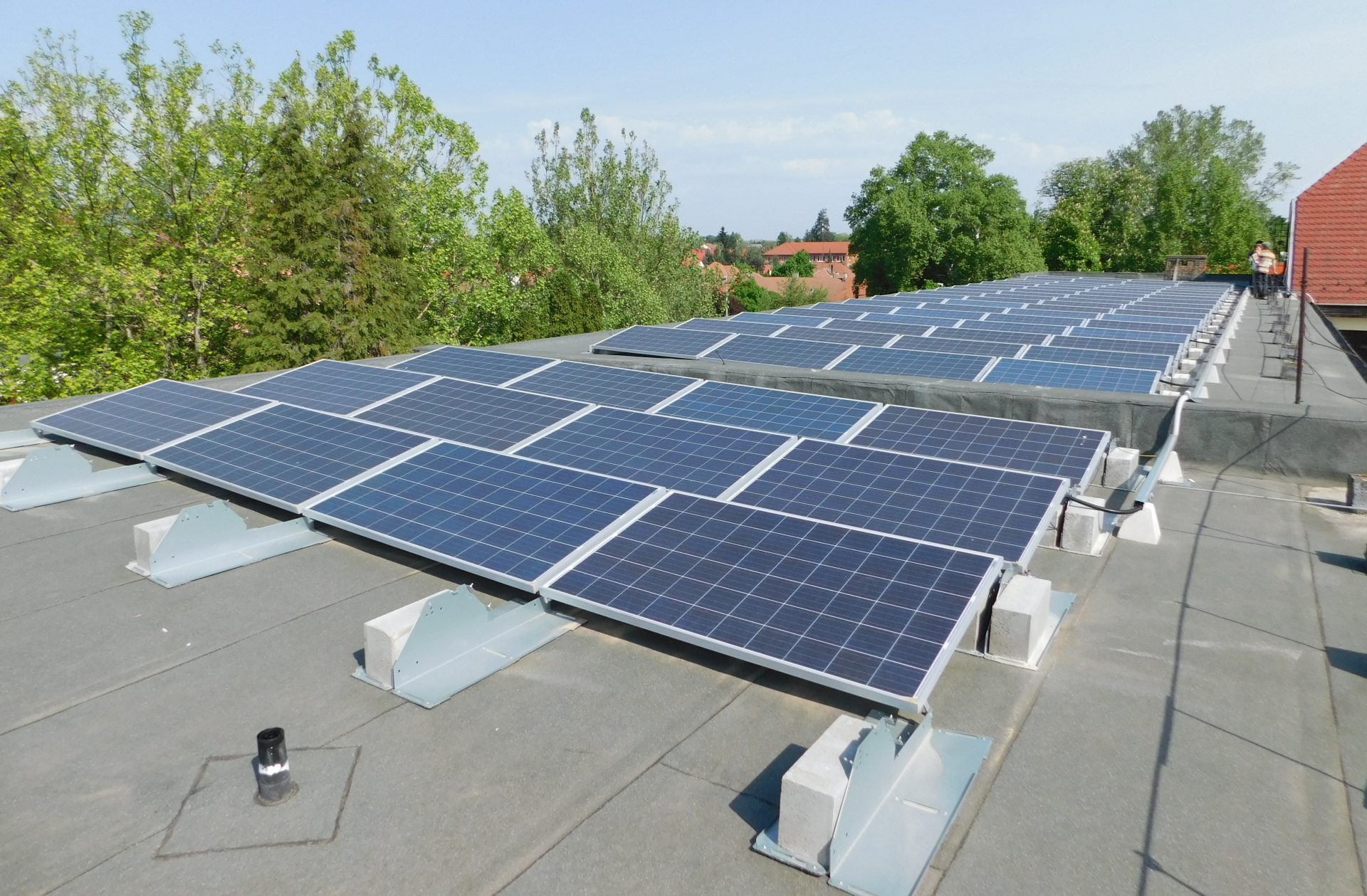Two events were held in recent weeks regarding the EU co-funded Pillar project, titled Presence in Catching-up Settlements (ESF+). First, an information session was held for the mayors of the newly joining municipalities and representatives of the implementing organizations of the catching-up settlements program. A few days later, the results of the project’s first year were presented at a press conference roundtable discussion.
Each member state identifies the operations of strategic importance that play a major role in accomplishing the program’s goals over the 2021–2027 EU development period. These chosen activities are collectively referred to as “Pillars” in Hungary, emphasizing their significance and contribution to the accomplishment of development policy goals. The initiative called Presence in Catching-up Settlements (ESF+) is one of the designated Pillars of the Human Resource Development Operational Programme Plus (HRDOP Plus). The initiative, which is funded by the European Union, intends to improve social and economic linkages, lessen social inequality, and help Hungary’s underprivileged areas and settlements catch up. With state pre-finance, the Presence Program, which targets the 300 poorest communities in Hungary, is run with HUF 70.4 billion from EU funding.
The Presence in Catching-up Settlements (ESF+) project is a major component of the opportunity-creating strategy that was introduced in 2019. The Hungarian Charity Service of the Order of Malta and 27 other civil and religious charitable organisations have been chosen by the government to be the main coordinators for the implementation, which began on 1 January of this year and will end on 30 June 2029. 238 villages have signed up for the initiative by the end of 2024, and development will start in another 60 settlements the following year. With a variety of subprograms covering everything from early infancy to healthcare and community life, the project helps families in challenging circumstances. Since the initiative is geared toward young children, the children’s dwellings serve as the program’s focal point. The key to the education starting here is to provide conditions and a social environment at these places that make mothers want to come in. This is supported by the construction of playgrounds and the organization of sports programs. With the advent of telemedicine, which is already being used to treat patients in 39 municipalities, they have high hopes for improving health services.
However, the program has several other components, which are financed from various sources. For example, under the Recovery and Resilience Facility, solar power plants are being built, and prepaid electricity meters are being installed to prevent illegal electricity consumption. They are renovating run-down houses, because it is hard to talk about catching up without providing decent housing. According to the plans, they aim to rent out two thousand renovated and newly built houses as social housing.
While the previous catching-up programmes usually focused on a single social group or problem, the Catching-up Settlements programme takes a complex approach to the whole settlement. The Presence Methodology, which is the basis of the programme, gives everyone the chance and opportunity to decide for themselves about their future life. Creating this opportunity is one of the most important tasks of Presence.
Sources: MTI/FeTe/Index/NFK
